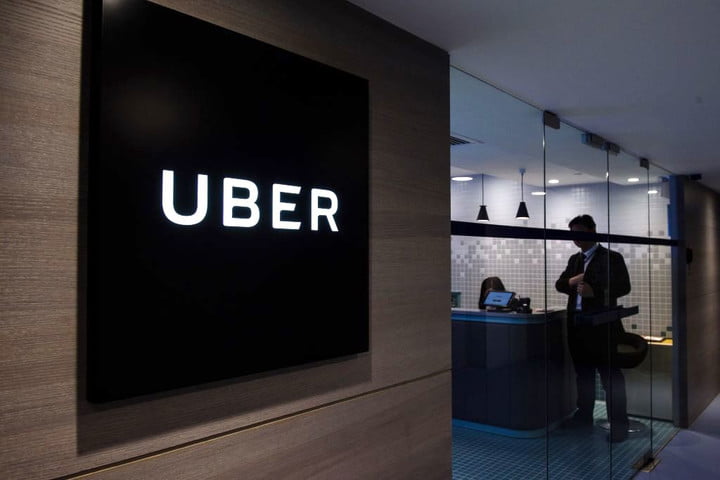
In a move many analysts accurately qualified as a “when” rather than an “if,” Uber has finally taken the first step toward going public. The ridesharing service filed its S-1 forms on Friday, April 12, and it will trade on the New York Stock Exchange under the ticker symbol “UBER.” Toyota led a $1 billion investment in Uber’s Advanced Technologies Group, the division in charge of developing the company’s self-driving technology, weeks before its shares begin trading on the stock market.
While Uber has yet to disclose the exact valuation it is seeking, it could pull off one of the largest-ever initial public offerings (IPOs) in the tech world. The company reportedly hopes to sell about $10 billion worth of stock, according to Reuters. That would value it at up to $120 billion, which is a lot of money for a company that is still operating in the red. According to Uber’s S-1 filing, it reported losses of $1.85 billion in 2018 despite generating revenues of $11.27 billion. The company disclosed some of its financial details in the past, so those figures shouldn’t come as a total surprise to prospective investors, but it’s still a pretty sizable amount to lose while seeking such a high valuation.
Uber’s ridesharing business, which is its primary calling card, generated $9.2 billion in revenue in 2018, with gross bookings of $41.5 billion over the course of the year, according to the filings. In the fourth quarter of the year, Uber’s drivers completed 1.5 billion trips. The company also has a growing secondary stream of income with Uber Eats, its food delivery service, which fulfilled 91 million orders during the last quarter of 2018.
Going public doesn’t guarantee the company will make money. In its IPO filing, it warned its operating expenses will increase significantly in the coming years, and it clearly stated that it “may not achieve profitability.” The company is notably spending a tremendous amount of money to developing self-driving technology, and it’s recovering from a string of scandals that sent riders running toward rivals.
The $1 billion investment should boost investor confidence, however. Toyota and automotive supplier Denso contributed $667 million to the total amount, while SoftBank’s Vision Fund added an additional $333 million. The new cash injection values the Advanced Technologies Group at $7.5 billion. Toyota will invest an additional $300 million over a three-year period as Uber prepares to build autonomous ridesharing vehicles based on the next generation of the Sienna minivan. The prototypes will join pilot programs starting in 2021, but the two partners are laying the groundwork for mass production.
It’s impossible to think about Uber’s upcoming IPO without putting it in context of its rival Lyft, which also went public earlier this year. Lyft revealed losses of $1 billion in 2018 on significantly smaller revenues than Uber, generating $2.1 billion that year. The company reported $8.1 billion in bookings over the course of 2018. It also came out seeking a much smaller valuation. Lyft had an initial valuation of around $24 billion.
It’s hard to what, if any, change Uber’s IPO will have on riders. Because the company’s financial information will be more scrutinized and investors will push the company to reach profitability sooner rather than later, riders may see fares increase as the company tries to quickly get out of the red.
Updated April 19, 2019: Added information about Toyota’s investment.
Editors' Recommendations
- Uber gives up on developing its own self-driving car
- Uber cleared to restart self-driving car testing in California
- Uber’s self-driving cars head to Dallas, but they’ll be driven in manual mode
- Uber’s next self-driving car, a hat-wearing Volvo, will start testing in 2020
- Uber lost $1 billion in just three months — and Wall Street is thrilled



